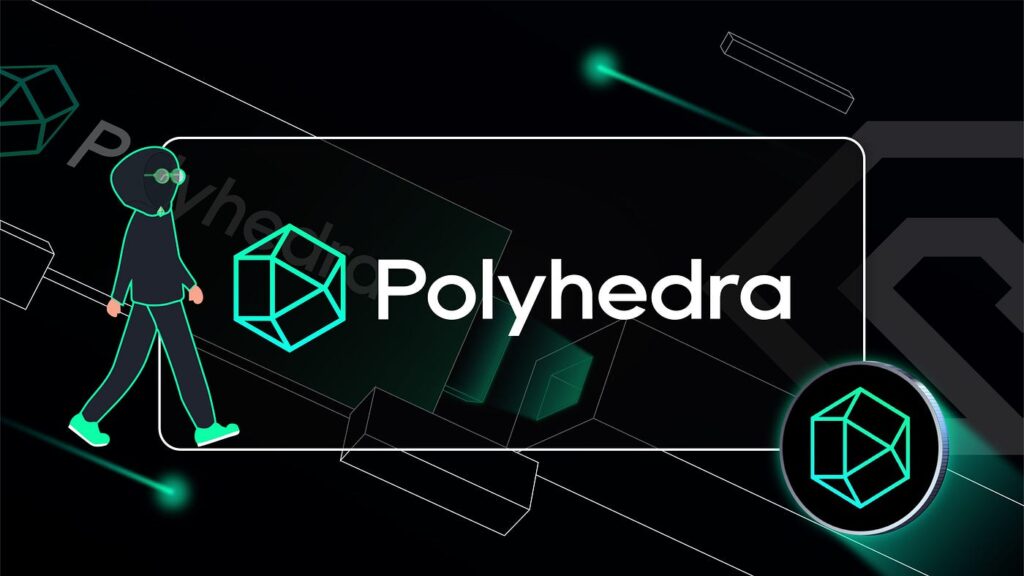Berkeley RDI and Polyhedra have launched a production-ready zkML, combining AI with zero-knowledge proofs for verifiable and privacy-preserving computations.

Polyhedra and Berkeley RDI partnership
Berkeley RDI and Polyhedra have formed a strategic partnership to introduce a revolutionary Production-Ready zkML. A transformational leap in the fusion of AI and cryptographic verification is the objective of this production.
After four years of pioneering the concept, the organizations are now providing a real-world application. The application’s objective is to enable AI developers to employ zkML without necessitating specialized knowledge in zero-knowledge proofs.
A paper was published in 2020 by Polyhedra’s research team, which included Jiaheng Zhang, Dawn Song, and Yupeng Zhang, in collaboration with Berkeley RDI, marking the beginning of the voyage. The paper, “Zero Knowledge Proofs for Decision Tree Predictions and Accuracy,” introduced zkML, or zero-knowledge machine learning.
The paper’s concept was to establish trust in AI by guaranteeing verifiable results while simultaneously safeguarding the privacy of the underlying data and models.
Polyhedra emphasizes the importance of trustless systems in order to reduce the likelihood of human error in technology incidents. At its core, the zkML model enables developers to validate the accuracy of AI model predictions on a particular data sample without disclosing any sensitive information.
zkML Polyhedra: Enhancing Transparency and Trust in Artificial Intelligence
A service provider can prove that a particular output was legitimately generated by running a specific model on an input using zero-knowledge proofs. The trust and transparency challenges that AI faces are effectively addressed by the zkML technology.
The zkML model guarantees the accuracy and reliability of the results produced by AI models by facilitating verifiable computations. This method addresses apprehensions regarding the ambiguity of AI, which can result in defective decisions due to unverified outputs.
The organization’s Chief Technology Officer, Tiancheng Xie, stated, “We have dedicated the entirety of our history to the development of systems that are cryptographically secure, verified by mathematics, and operate autonomously.”
zkML’s applications are not limited to inference verification; they also encompass areas such as data origin authentication, accurate data categorization, and verification of AI training processes. This ensures that the AI lifecycle is conducted in accordance with rigorous integrity standards.
The zkML model, which is based on the innovative Expander-proof system, eliminates high computational barriers, thereby enabling the development of production-ready solutions. This development not only reinforces confidence in AI but also guarantees adherence to privacy regulations.
The Future of Verifiable AI
Dawn Song, Director of Berkeley RDI, emphasizes that “Berkeley RDI and Polyhedra are establishing a new standard for trust and transparency in artificial intelligence with innovative zero-knowledge machine learning (zkML) technology, a transformative approach that integrates cryptographic verification with machine learning.”
This partnership establishes a new standard for AI transparency and accountability. Song underscored that the objective is to guarantee that the efficacy achieved through AI does not undermine trust and safety.
In the future, zkML is on the brink of revolutionizing the AI landscape by facilitating secure deployment, decentralized ecosystems, and innovative applications. Berkeley RDI, Polyhedra, and zkML are committed to establishing a future in which AI innovation is fundamentally rooted in trust.
